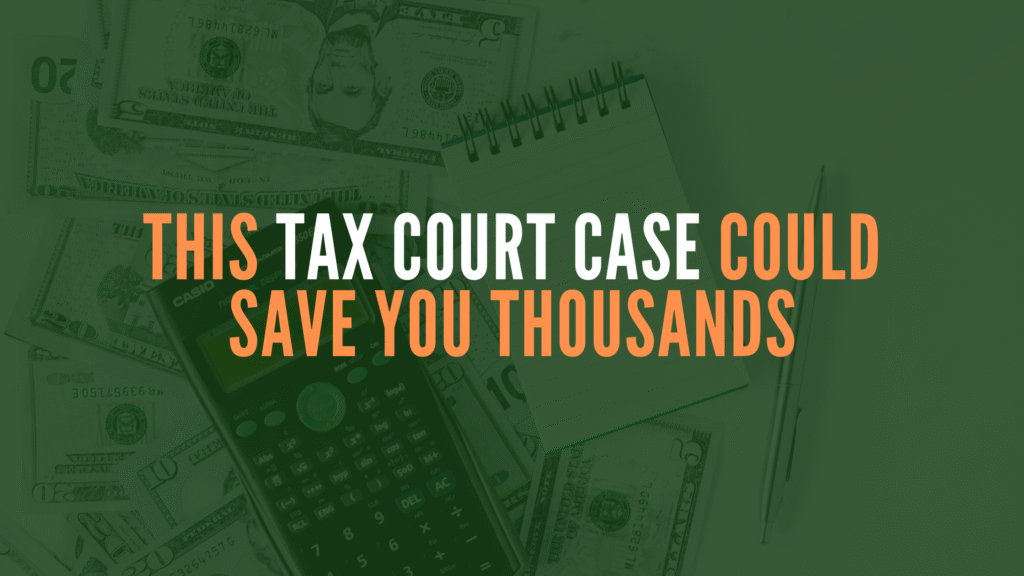If you own a vacation home or second property that you rent out, even part-time, there is a recent tax court case worth your attention. It serves as a clear reminder of how important proper documentation and proactive planning are when it comes to rental property deductions.
Let’s review what happened and how you can avoid a similar outcome.
The Case: Akers v. IRS
Charles M. Akers owned a mountain cabin in Alpine, California, which he rented through a property management company. He reported over $20,000 in rental expenses on his tax return. However, the IRS disallowed the deductions, and the court agreed.
Why were the deductions denied? Mr. Akers failed to follow IRS guidelines regarding material participation and recordkeeping. As a result:
- He could not prove how much time he spent maintaining the cabin.
- The court classified those visits as personal use days rather than business-related.
- With only 12 documented rental days, the IRS deemed the cabin a personal residence.
- Under the 15-day rule, the rental income was excluded but all deductions were disallowed.
This decision led to a complete loss of potential tax benefits.
What Went Wrong
The issue wasn’t with the intent to rent the property, it was with the lack of documentation. Mr. Akers had no logbooks, receipts, or records to distinguish between personal and rental use. This allowed the IRS to reclassify the property and reject the deductions.
How to Avoid the Same Mistake
If you rent out a vacation home or second property, even for a short time each year, take the following steps to protect your deductions and stay compliant.
Maintain Detailed Records
- Track every maintenance and business-related visit, including date, time, and specific tasks performed.
- Keep invoices and receipts from vendors, cleaners, and repair services.
- Document the time spent by both you and any third parties on property-related work.
Understand the IRS Rules
- The 14-day or 10 percent rule: If you personally use the property for more than the greater of 14 days or 10% of the days it was rented, it is classified as a personal residence.
- The 15-day rule: If the property is rented out for fewer than 15 days during the year, the income is not taxable but related expenses cannot be deducted.
Plan Your Usage Strategically
Do not wait until year-end to decide how your vacation home will be used. Planning your personal and rental use in advance ensures compliance and maximizes tax efficiency.
This case is a reminder that the IRS does not accept assumptions or estimates only clear, verifiable records. Whether you are looking to deduct expenses, manage income, or simply remain compliant, documentation and planning are critical.
We work with property owners to ensure they meet IRS standards while maximizing every available tax benefit. If you own a rental property or vacation home, we can help you structure its use strategically and stay audit-ready year-round.
Contact BASC Expertise
Get expert guidance on vacation rental tax planning.
bascexpertise.com/contact | Gilbert, AZ | (480) 355-1398

